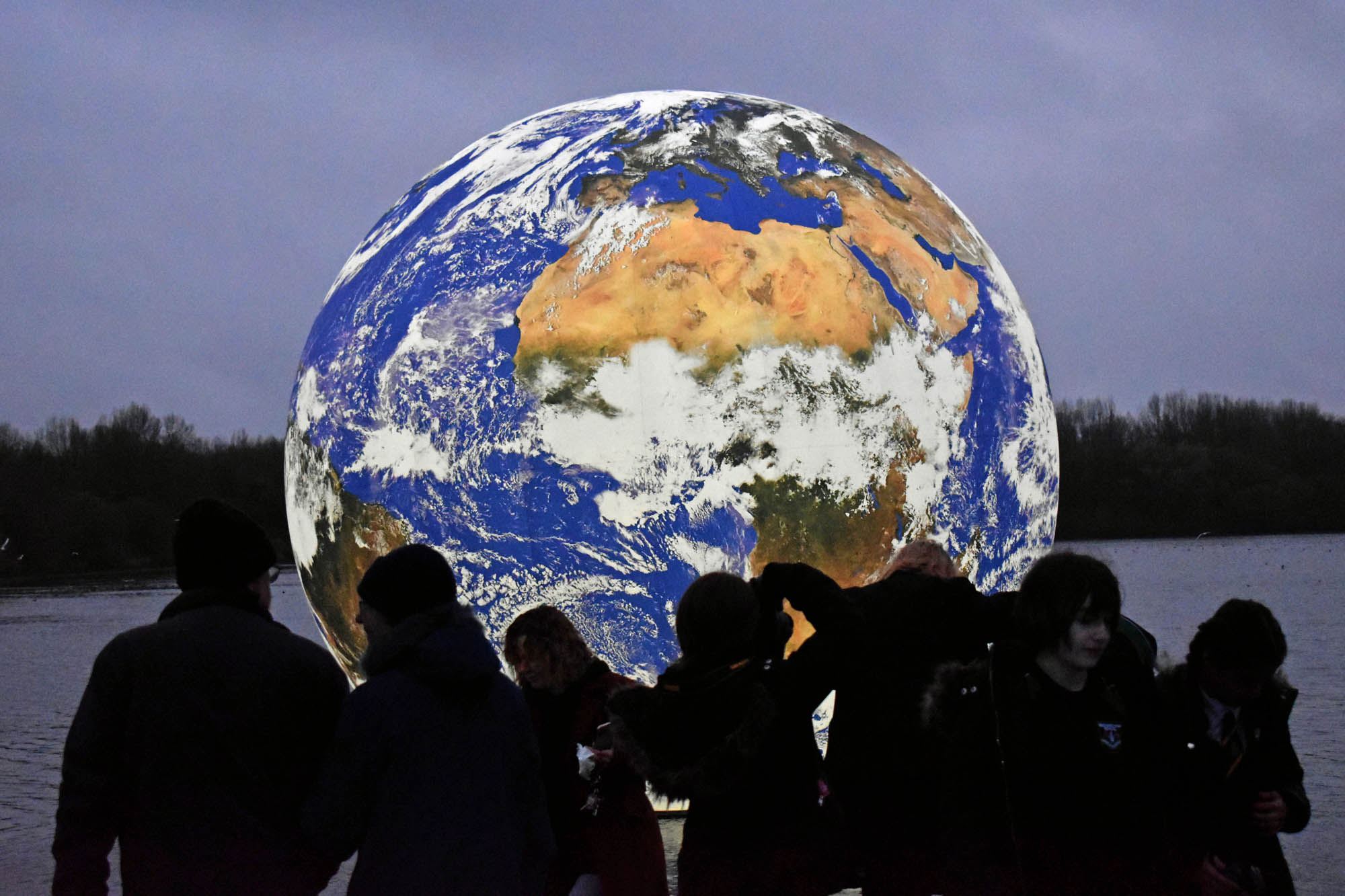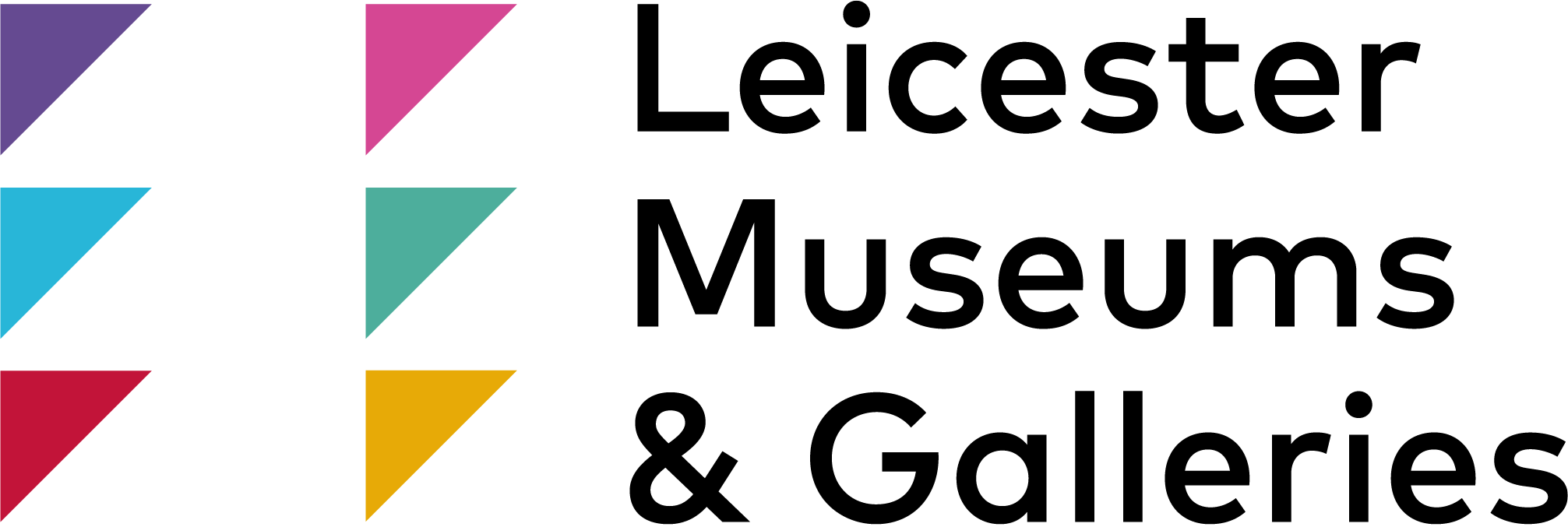Exile and Emigration
Free
Description
A collection of exhibitions and events exploring 'Exile and Emigration'.

A collection of exhibitions and events exploring 'Exile and Emigration' at Leicester Guildhall.
Refugees who were made welcome and those who were turned away.
Commemorating National Refugee Week 20th – 26th June 2022.
The event will be launched on Sunday 5th June 2022 by Dr Claudia Linda Reese, Senior Researcher for The National Holocaust Centre and Museum.
The exhibitions 'A Thousand Kisses', 'One Day' and 'Passports for Life' will be in place, additionally The National Holocaust Centre & Museum will be in attendance to interact with visitors. There will be live Klezmer music throughout the day performed by Leicester Musician Howard Coleman. Artist Ruth Schwiening will share her first-hand experience of the Kindertransport and tell her life story, as well as a visual display of some of her artwork that brings expression to her ordeal.
The exhibitions that will be on display at Leicester Guildhall (5th - 26th June):
A Thousand Kisses
The Wiener Library travelling exhibition 'A Thousand Kisses', developed as part of the Harwich Haven: Surrender & Sanctuary project, this new travelling exhibition draws on The Wiener Library collections to tell the story of the Kindertransport through the experiences of eight children and the loved ones they left behind. It is a story of persecution, migration, of refugees who were made welcome and those who were turned away.
https://wienerholocaustlibrary.org/
'One Day' - Photography Exhibition from the National Holocaust Memorial Day Trust
One Day when life changed - Survivors of the Holocaust and of genocide often talk about the One Day when everything changed, sometimes for the worse and sometimes for better.
One Day is just a snapshot in time and therefore cannot give the full picture, the context, the background that is needed, but it can help bring a piece of the full picture to life. This is an exhibition of young people’s interpretation of what ‘One Day’ means to them using the medium of photography.
‘One Day I decided to leave my country. It was a hard decision, but there was no other way. I left my home, my friends, my people; I left all my belongings. There is a book on a table near my bed open to page 49 waiting for me.’
Holocaust Memorial Day Trust (HMDT) is the charity established and funded by the UK Government to promote and support Holocaust Memorial Day (HMD) in the UK. HMD has taken place in the UK since 2001, with a UK Commemorative Ceremony and more than 10,000 local activities taking place all across the UK on or around 27 January each year.
Holocaust Memorial Day Trust (HMDT) encourages remembrance in a world scarred by genocide. We promote and support HMD to remember the six million Jews murdered during the Holocaust, the millions of people killed under Nazi Persecution and in subsequent genocides in Cambodia, Rwanda, Bosnia and Darfur.
Passports for Life
The Ładoś Group, operating in Switzerland during WWII, was composed of Polish diplomats and representatives of Jewish organizations and through their connections issued fake passports for neutral Latin American countries to Jewish people facing the death camps.
Passports for Life - Exhibition on Ładoś's list
80 years ago, in 1941, in Bern, Switzerland, Polish diplomats in cooperation with Jewish circles launched the so-called “passport initiative” to save Jews from the Holocaust. Aleksander Ładoś, Konstanty Rokicki, Abraham Silberschein, Chaim Eiss, Stefan Ryniewicz, and Juliusz Kühl, also known as Ładoś Group, issued fake passports and citizenship certificates for Latin American countries in the names of Jews threatened with extermination. It gave these individuals a chance to be interned and possibly exchanged for German prisoners of war, rather than being sent to death camps.
The Pilecki Institute, in cooperation with its partners in Poland and abroad, has for several years conducted research and archival queries on the activities of Ładoś Group. This has resulted, among other things, in the publication in 2019 of the scientific study Ładoś List, with the names of more than three thousand people for whom passports were issued. The efforts of the researchers not only confirmed the course of action of the passport operation but also proved that we are dealing with one of the largest rescue operations carried out by diplomats during the Holocaust.
Thanks to the publication of Ładoś List, the rescue operation of Polish diplomats in Switzerland has become the subject of international discussion, involving Holocaust survivors and their descendants, families of the diplomats engaged in the operation, as well as scholars, journalists, and cultural figures. Families of survivors from all over the world, who discover the fate of their loved ones for the first time, come to the Pilecki Institute and share their stories, photos, and documents. That allows the research to continue and the list to be constantly updated with new names. The publication of the Ładoś List also made it possible to see its uniqueness. It has been established that not only Polish Jews were saved, but also citizens of other countries, including Germany, Austria, the Netherlands, and Czechoslovakia.
As of 2021, the Ładoś List is available online with a full-text search function http://passportsforlife.pl/.
Further events throughout June to compliment the exhibitions are:
The Painter’s Hidden Masterpiece - A Talk by Simon Lake
A talk on the life and art of German painter Johannes Matthaeus Koelz. Book signing & talk with Leicester-based art historian Simon Lake.
Make your promise to remember the past and to build a future free from hate by taking part in Foundation Stones.
Main Image: 'One day we stand' by Hannah Kendrick
